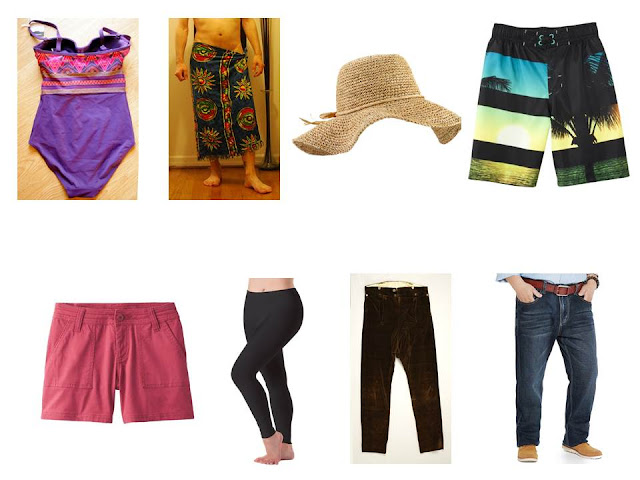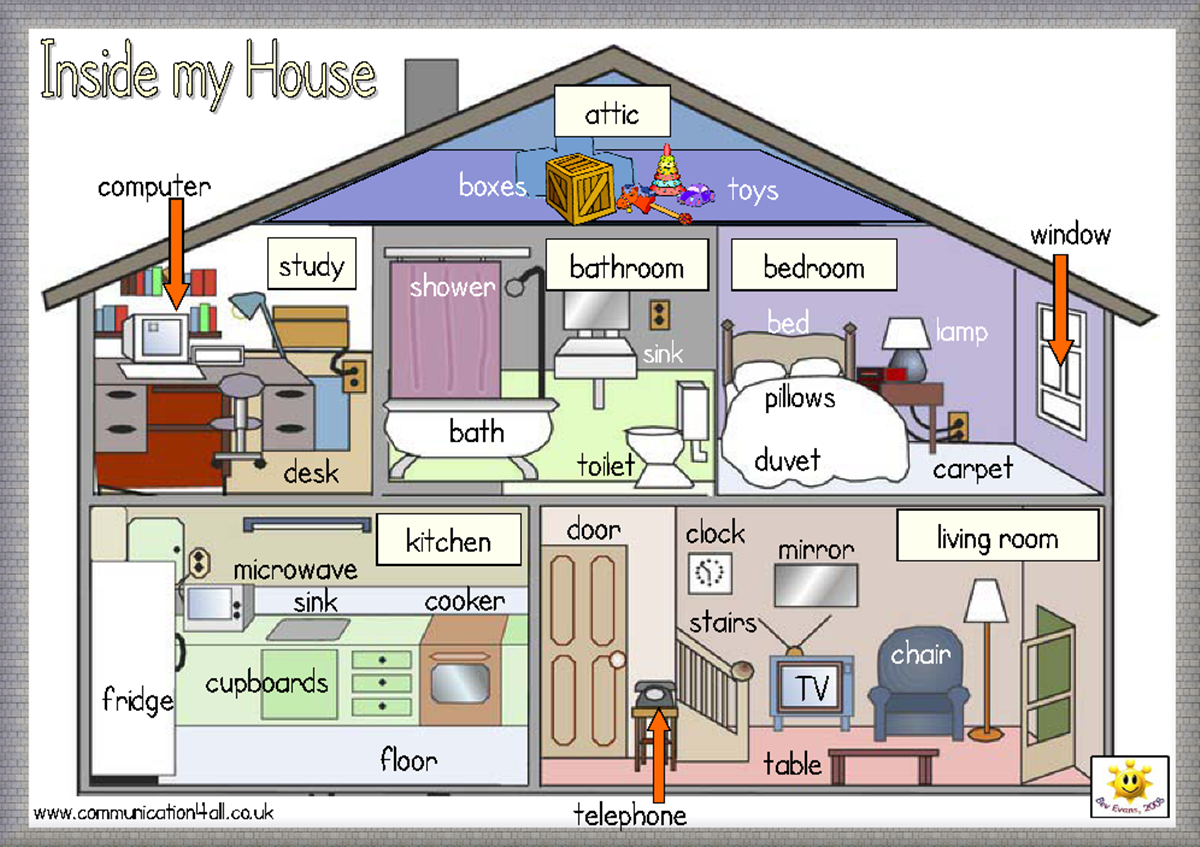Wednesday 31 January 2024
Thursday 25 January 2024
HOLIDAYS (U3)
Sunday 21 January 2024
CLOTHES
CONSCIOUSNESS (C1-U4)
Wednesday 10 January 2024
HOUSE AND HOME
PREPOSITIONS OF TIME: VIDEO, EXPLANATION AND PRACTICE
Explanation and activity
WRITE: Put the words in the correct order.
ONLINE ACTIVITY
ONLINE ACTIVITY 2
LET'S PRACTISE!
ACTIVITY: AT, IN OR ON - EXPLANATION AND PRACTICE
ACTIVITY: AT, IN OR ON - EXPLANATION AND PRACTICE 2
ACTIVITY: AT, IN OR ON - EXPLANATION AND PRACTICE 3
21 Houses You Won't Believe Exist
Monday 8 January 2024
OUT AND ABOUT
What are adverbs of degree?
We use adverbs of degree to qualify what we are talking about. I’m really happy, I’m quite happy or I’m not very happy.
Adverbs of degree can be split into two groups:
adverbs that intensify the degree of something
vs.
adverbs that weaken the degree of something.
Adverbs that increase, or intensify, the meaning include words such as: very, totally, completely, and absolutely. For example: I’m totally convinced Sam will quit his job.
Adverbs that decrease or weaken the degree of meaning include words such as: fairly, quite, slightly, and a bit. For example: I’m fairly certain it will rain tomorrow.
1. Weakening the meaning
There are times in English when we want to specifically describe our use of an adjective or adverb. For instance, we may wish to express that we are quite nervous or a bit cold. This is more exact than just saying I’m nervous or I’m cold. The adverbs in this category are all used in the same way. The position of the adverb is before the adjective or adverb.
2. Intensifying the meaning (gradable adjectives)
There are many adverbs that intensify, or make the meaning stronger. For grammatical reasons, we need to separate these adverbs into two groups. Our choice of adverb depends on whether the adjective (which the adverb is intensifying) is gradable or ungradable.
For example, ‘hot’ is a gradable adjective, but ‘boiling’ is ungradable. So, we can say: It is very hot AND It is absolutely boiling, but NOT It is very boiling. The table below gives further examples of gradable and ungradable adjectives and the intensifiers used with them.
| Intensifier + gradable adjective | Intensifier + ungradable adjective |
| Very cold | Absolutely freezing |
| Extremely tired | Completely exhausted |
| Really happy | Absolutely ecstatic |
| Very hungry | Totally starving |





























